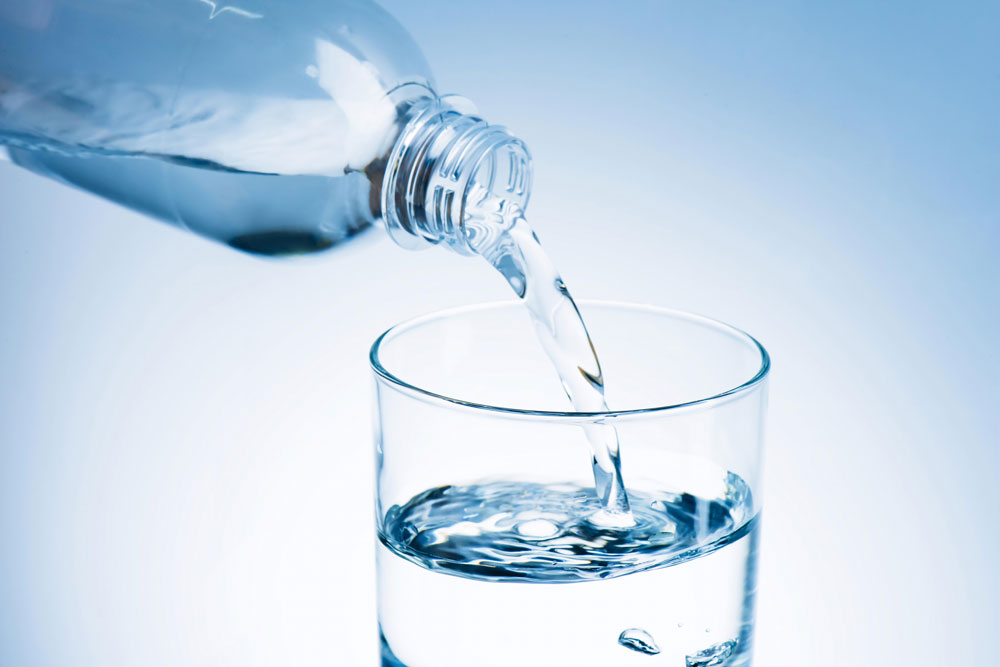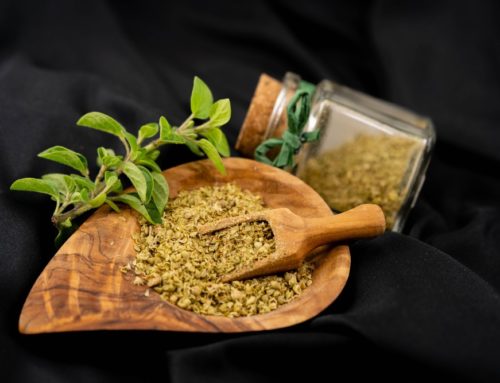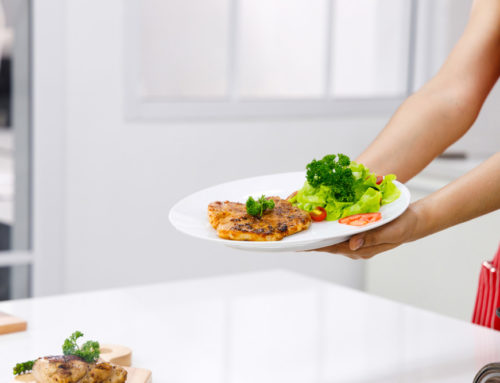Stop Phlegm In The Throat With These Remedies
Many people suffer from constantly recurring phlegm in the throat. It makes you want to swallow and/or clear your throat all the time, which is unpleasant. It can also be a cause of bad breath, and therefore socially embarrassing. You may not otherwise feel unwell but be aware that this problem can also be a sign of disease. We take a look at how health education can help to stop phlegm in the throat with the right remedies, diet and general nutrition that can affect the mucus membranes producing phlegm.
This is general information, so be sure to seek professional medical help for your particular circumstances.

What Naturally Kills Phlegm In The Throat?
You may be surprised to learn that the first natural remedy for excessive phlegm is water. Keeping hydrated is good for your overall health and helps thin out phlegm, which is a naturally occurring mucus.
Apart from water, try taking drinks that contain one of or two of the following:
- Lemon
- Garlic
- Ginger
- Cayenne
- Cloves
- Turmeric
- Cinnamon
All these remedies and spices are excellent for gut microbiome and can prevent the growth of bad bacteria that causes excess mucus.
Foods with these ingredients can also help, as can bitter herbs and spices. Indeed, spices like cayenne or chili peppers can promote respiratory health and help reduce phlegm.
Research suggests that the following foods can also be helpful in reducing phlegm:
- Berries
- Liquorice
- Ginseng
- Pomegranate
- Eucalyptus
- Echinacea
The latter, also called purple coneflower, has been used by native Americans for centuries to treat cold-like symptoms.
Olives contain healthy unsaturated fats that soothe airways, prevent the over-production of mucus, and help reduce inflammation. They are thought to help reduce phlegm in the throat.
Oregano is a herb used in many Mediterranean dishes and its oil and leaf are reputedly beneficial in reducing mucus.
Wormwood has a distinctive aroma and purportedly is helpful in combating phlegm in the throat.
Berberine is a yellowish, bitter-tasting herb. It is thought to help kill unwanted bacteria and reduce bad cholesterol. Science has not yet established whether it is beneficial in reducing phlegm, but some people swear by it.
What should be avoided?
Talk to your doctor about the best medicines to take, including antihistamines. He/she can also advise you about foods and drinks to avoid.
First off, though – stop smoking and turn down offers of alcoholic drinks!
Some people complain that dairy products of all kinds, especially milk, promote phlegm in the throat. This doesn’t mean you should shun them completely but go easy! Try to reduce your consumption of sugar, including sugary drinks, as well as bread, cakes and pastries.
If the place where you live has dry air, consider using a humidifier. Gargling with salt water is a tried and tested home remedy to reduce phlegm in the throat.
Excess mucus can be a sign of a disease, especially the high amount of it in the body. So, talk to your doctor and, they can recommend tests for infectious diseases, allergies or other health issues, including intestinal disorders.
This article is for educational and informational purpose only and does not substitute for professional medical advice. For any questions about your own health condition, speak to a qualified physician or healthcare provider.







Leave A Comment